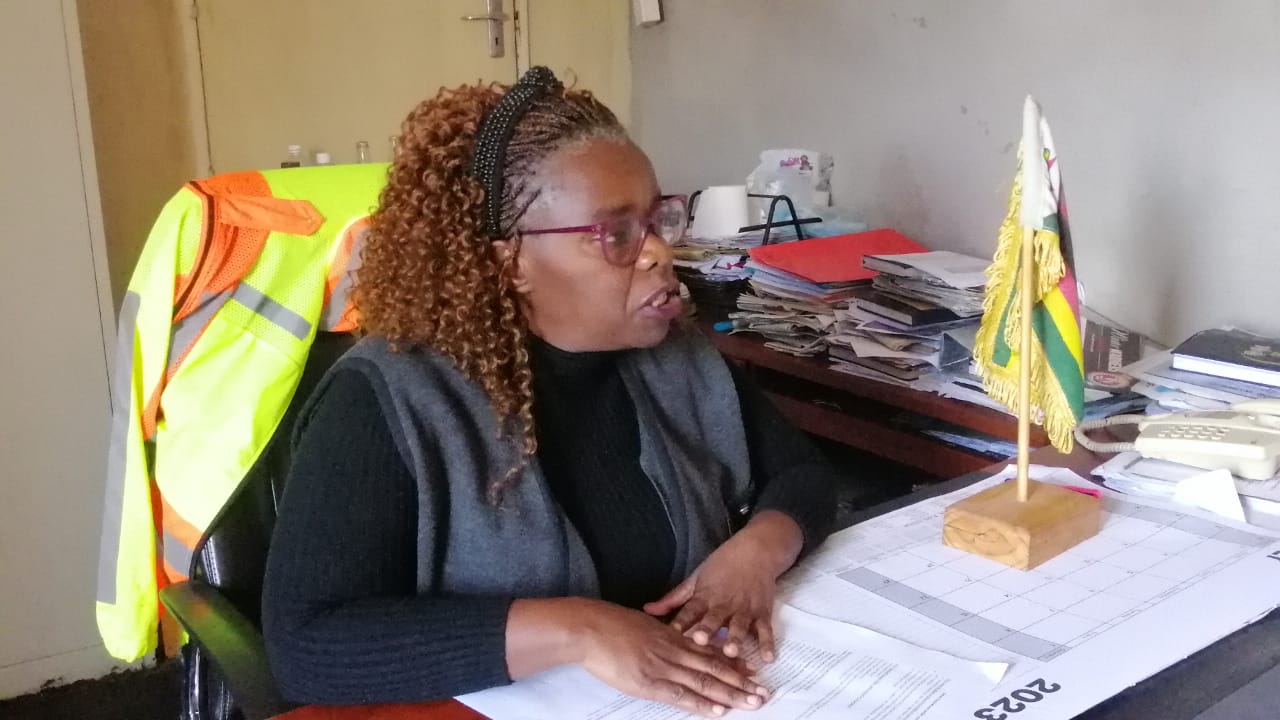|
Getting your Trinity Audio player ready…
|
Writes Tafadzwa Muranganwa
The ravaging Covid-19 virus caught many countries off-guard and Zimbabwe is no exception.
In this country, disaster risk management and preparedness were put to the test as thousands of people lost their jobs and incomes. Urban hunger and many other hazards rose, especially among peri-urban settlements like Epworth.
To help in building community resilience and urban preparedness, World Food Programme (WFP) with the support from DG-ECHO (European Civil Protection and Humanitarian Aid Operations) is advancing research on preparedness and emergency responses in Epworth, Gweru, and Mutare.
“The project came as a result of a multistakeholder consultation with the 3 local authorities namely Epworth, Gweru, and Mutare in which we were able to assess urban hazards like waste management, food insecurity, and housing challenges.
” From these, we were able to agree that the 3 local authorities update their disaster risk management contingency plans,” said Sibonokuhle Ndlovu during a tour of the project in Epworth recently.
Joseph Ngorima, a father of 4, is a relieved man after being a beneficiary of this urban preparedness project.
“During the Covid-19 pandemic, I lost my source of income since I was self-employed but the coming in of this project has transformed me into an entrepreneur now.
“Our area is facing a challenge of poor waste collection and our business is plastic waste recycling, enabling us to make an income to feed our families. Resultantly, Epworth local board has less headache over the refuse collection,” Ngorima attributes.
He, together with 4 women, works at Mabvazuva Waste for Cash Depot. They collect the waste themselves and also outsource it from other residents for a fee.
“We collect various forms of plastic waste and other residents also bring us these at 20 cents to 50 cents per killogram. So, we are providing employment in a way,” added Ngorima.
For Sibusiso Ngolomi, the waste recycling business has brought significant changes in her life.
“I would like to thank WFP and all the development partners that initiated this programme because prior to this all my 3 kids were not in school.
“But this waste recycling business has enabled me to enroll all of them in schools, “revealed a cheerful Ngolomi.
The Epworth, WASH (Water and Sanitation Hygiene) officer, Admire Musoro, also gives thumbs up to the project but yearns for more interventions in waste management.
“Our local authority serves over 200 000 residents and we are grateful that this urban preparedness project, particularly the waste recycling initiative, has been handy in our waste management.
“However, we would like to see our green waste also being managed because it is giving us a torrid time,” pleaded Musoro.
The acting director of local government services, Nyaradzo Tagarira, said she was inundated by inquiries from other local authorities about how Epworth designed the waste recycling projects.
“While Epworth has a challenge of informal settlements, it has fared well in waste management through these waste recycling projects.
“We have many local authorities, especially Harare, which are asking how did we manage to set up these waste management projects. As you know Harare is struggling with this hazard (waste),” she said.
Ms. Tagarira also highlighted that there was a need to raise awareness among communities on the structures of disaster responsiveness.
“What we have realised is most communities are not aware of the structures to contact in the event of a disaster striking. It is thus important to appraise communities,” added the acting director of local government services.
